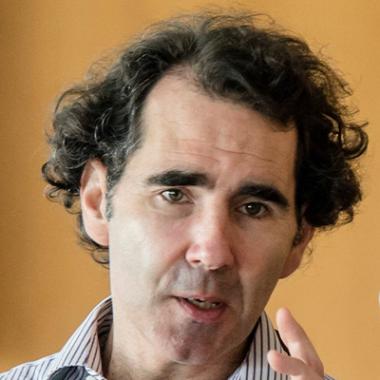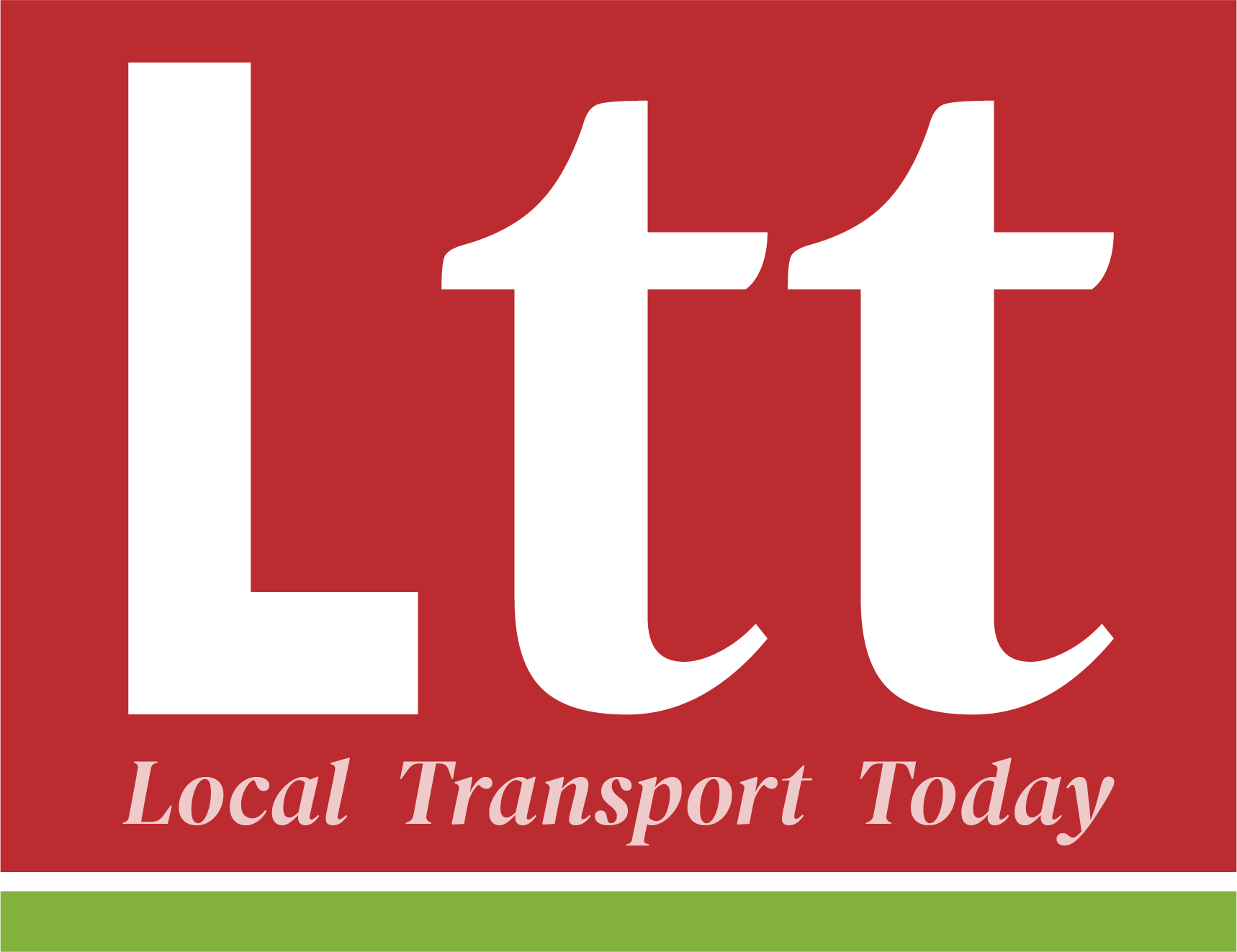The transport planner as an agent of democracy: a difficult task but one worth doing well

A key topic explored at the Local Transport Summit just before Christmas was how the beliefs and expectations of ‘transport professionals’ compare with those of other members of society. LTT is taking that discussion forward with a series of contributions. In the latest one, Tom Cohen asks whether policy makers can strike a more satisfactory balance between their professional expertise and the thinking of ordinary citizens.
FOR AS LONG AS I’ve been working in transport, I’ve been passionate about democratising its decision-making processes. I have at the same time struggled with the questions it generates. I use the following examples to illustrate the problems as I see them before discussing possible ways forward.
In 2011, the then Transport Secretary Philip Hammond told the Conservative Party conference he intended increasing the motorway speed limit to 80mph. In response, I organised a citizens’ jury to deliberate on this issue. I felt sure that, when presented with relevant evidence from “experts” (we didn’t use inverted commas at the time, of course), and given time to think about and discuss the evidence, the citizens would conclude that the increase was a bad idea. But, in retrospect, I wasn’t completely sure, and I was keen that the citizens didn’t draw the opposite conclusion. I should have invited a representative of the Association of British Drivers (ABD) to give evidence but was fearful of the possible consequences. So I didn’t, and the citizens were instead presented with a carefully curated set of evidence from people who ostensibly didn’t hold a particular policy position – mainly academics, in fact. But, whilst there was no one from Brake or Roadpeace formally arguing against the increase, the definite mood amongst those giving evidence was that one should think very carefully before adopting 80mph.
In 2018, I was asked to speak at a Transport Planning Society event asking “transport planning: how hard can it be?” It quickly became clear that I and the other panellists were speaking different languages: I was attempting to address the intellectual and practical challenges inherent in making sound transport decisions. Other speakers seemed instead to be tackling the question “how can we deliver the schemes that we know are needed but that may be unpopular for a variety of reasons?” They were answering a question not about planning but about delivery; the planning element was taken as read.
In the same year, I was advising on and helping to deliver a set of dialogues with citizens on automated vehicles (https://bit.ly/3gD4SJb). I and colleagues watched with dismay as an initially open process became increasingly constrained: one of the sponsors particularly wanted to know under what circumstances people would be prepared to ride in a shared (automated) vehicle, and this preoccupation was allowed to edge out broader and (in our opinion) more important general questions such as “do we want these things and, if so, under what conditions?” The exercise was in effect being converted from policy deliberation to attitudinal market research.
The following year, I was part of the group advising on the citizens’ assembly that took place in Greater Cambridge. Before we became involved, the decision had been made to set the exam question as: how do we reduce congestion, improve air quality and provide better public transport in Greater Cambridge? Leaving aside the concern that a presumption in favour of improving public transport was putting the Metro before the horse, I was troubled that the framing was so tight. This significantly affected the profile of those who took part – if you weren’t committed to the three goals articulated, you might reasonably think the event was not for you. But the way the event was run was also disquieting: citizens voted at various points over the course of the assembly and were constrained to favour car-constraint measures. This in part because one of the organisers was adamant that citizens should not be allowed only to cherry-pick uncontentious measures.

“describe all these as examples of policy presumption, an intransigent belief that a certain policy is the right one. It is a recurring theme in transport – our profession was as adamant in the 1960s about providing for the car as it is today about taming it – and produces this familiar pattern of approaching the democratic element of decision-making with trepidation, often defensiveness and, sometimes, cynicism.
And so to low-traffic neighbourhoods, about which surely enough has already been said. Except that, when I read recently of Brent’s decision to remove several schemes, I found myself again falling into the trap I’ve described above. “Did they ask the wrong questions in the consultations?” “Was it wise to run them as referendums?” I am here guilty of believing that the right conclusion was to retain the schemes (despite my ignorance of their specific strengths and weaknesses), and that the “popular view” was therefore incorrect.
I describe all these as examples of policy presumption, an intransigent belief that a certain policy is the right one. It is a recurring theme in transport – our profession was as adamant in the 1960s about providing for the car as it is today about taming it – and produces this familiar pattern of approaching the democratic element of decision-making with trepidation, often defensiveness and, sometimes, cynicism. This “there is no alternative” mentality brings a dogged conviction that those who have not yet acquiesced must be either persuaded or circumvented.
My perception is that the cynical element is diminishing. This may partly be because policy makers are seeing that it’s untenable in our increasingly litigious world; they may also notice its tendency to backfire in more practical ways. But the defensiveness is alive and well. It is manifest in attempts to control supposedly democratic exercises (as I did with the citizens’ jury), such that the odds are stacked in favour of the “right” answer. And this is quite understandable in the current climate, given ever-more sophisticated and, sometimes, underhand campaigning methods on the part of those opposed to policies: policy makers might reasonably think that, if the “antis” are going to play dirty, some structuring of the democratic process to compensate for this is justified.
But this defensiveness is hardly new so recent developments can’t wholly explain it. And I suspect it transcends the policy context – decide, announce, defend was coined long before car restraint became the over-riding concern. I’m convinced it is more about questions of competence: is there such a thing as a transport expert? If so, what do they know that the non-expert doesn’t? And questions of jurisdiction too: in what circumstances may a policy maker legitimately over-rule popular sentiment? There is an incentive to duck these questions, because they are difficult.
In thinking about this, I find it helpful to distinguish between values, facts and predictions. As a card-carrying relativist, I believe that no one is entitled to tell me what my values should be and that I should equally respect others’ values, whether I agree with them or not. On facts, I have quite a lot of faith in “experts”. For instance, if I want to know whether a bridge can support the weight of a train, I’ll probably defer to a structural engineer. Predictions are definitely murkier but, nevertheless, if I’m looking for population projections, I’ll ask the Office for National Statistics before the man on the Clapham Omnibus.
I don’t think policy makers are particularly preoccupied by stakeholders’ values – there’s the inevitable tussle between liberals and libertarians about whether my desires should trump your interests, but very few of us genuinely wish others ill; most of us broadly want to rub along, don’t we? To my mind, the main problems instead lie in two places. The first is the interaction between values and facts/predictions. When I desire X, I’m likely to prefer facts and predictions that support X. This is true of everyone. Yes, everyone. So forget the utopian world of there being a single, homogeneous set of truths to which we all subscribe. The second is that, whilst policy makers (tend to) trust experts, they tend not to trust non-experts to trust experts. And they might be forgiven for this given Trump, Gove et al. But my experience of deliberative processes suggests quite the opposite: if anything, citizens in particular may trust those presented as experts too much. The important thing is that any trust in “experts” is going to be influenced by one’s perception of the motivation behind their involvement ─ is this expert here to help me to form my view or to convince me of the correctness of the policy on which I am being “consulted”?
And so? To the extent that there’s a solution to this, I think it lies in the process adopted, and I’ve argued previously in LTT for deliberative methods. But this takes courage because the stakeholders might still reach the “wrong” answer (though I think this is less likely with deliberation than referendums). And, if the exercise is not to prove a costly farce, that wrong answer will need to be respected. In policy-development terms, it may help to proceed in stages. If decarbonisation is inevitable, then let’s agree on that first. Having done so, let’s decide how to get there. Obliging stakeholders to make decisions that are consistent with their previous decisions is not manipulation, I argue. But it is one way of increasing the chances of the “right” answer.
By the way, for those who may be wondering what came of the “democratic processes” I described earlier in this piece, the conclusions of the Cambridge assembly on how to reduce congestion, improve air quality and provide better public transport for the area, have been widely shared and are being implemented to some degree (https://bit.ly/3gU28aF). In fact, its members were calling
for road closures before Low Traffic Neighbourhoods were even a thing. As for the citizens’ jury on higher motorway speed limits, the participants recommended against an increase. Whether they would have done after actually hearing from the ABD is, of course, another question.
This article draws on a presentation to the University Transport Studies Group conference, July 2021.
Further contributions on the issues raised are welcome. Please send to hello@lttmagazine.co.uk
Tom Cohen is a senior lecturer at the University of Westminster’s Active Travel Academy.
Email: T.Cohen@westminster.ac.uk
In the first of this series on the role of transport professionals in decision-making, Steve Melia questioned whether the ‘transport experts’ are actually thinking consistently and logically themselves. You can read his contribution here: Are transport specialists practising self-deception? (or download LTT837 as PDF here).
(c) 2022 LTT Magazine and lttmagazine.co.uk
